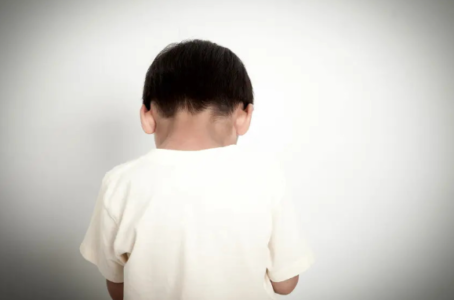The Unseen Burden of Emotional Responsibility in Families and Its Impact on the Decision to Have Children
In Singapore, the topic of parenthood often sparks a mixed response. While government policies such as extended maternity leave, paternity leave, and the Baby Bonus aim to support families, the nation’s birth rate hit a historic low in 2023. Despite these initiatives, many Singaporeans are hesitant to start their own families, with some even choosing a child-free lifestyle. But what lies beneath this reluctance? Is it simply economic factors and the cost of living, or is there something deeper at play—something rooted in the emotional and psychological impact of childhood experiences?
Historically, Singapore’s culture was centred on the idea that larger families were beneficial, with children viewed as an essential support system. Parenting, back then, was less about emotional bonding and more about survival and ensuring the well-being of the family. As society evolved, cultural shifts led to smaller families and a focus on educational, emotional, and financial development. Yet, one of the most significant changes has been the rise of a troubling phenomenon—parentification.
Parentification occurs when children are forced to take on adult responsibilities, often assuming the role of caregiver or decision-maker within the family. This role reversal can rob children of their own childhood, replacing carefree moments with burdens of caregiving, financial management, and emotional labour. The psychological scars left by such experiences can be long-lasting, leading some individuals to question the very concept of family and parenthood.
Take the case of 22-year-old Danial*. The youngest of five siblings, he grew up in a family that followed the tradition of having many children. Despite hearing his parents repeatedly declare that children were a “blessing” (rezeki), Danial’s own experience was far from idyllic. His family struggled financially, and he often found himself taking on responsibilities far beyond his years. His older brother, Adam*, sacrificed his own education to support the family, and Danial’s mother used funds meant for his schooling for personal expenses.
Danial’s relationship with his parents and siblings was strained, with his father prioritising his daughters and leaving Danial and Adam to fend for themselves. This sense of neglect and emotional abandonment led Danial to a stark conclusion: “I’ve stopped wanting marriage and kids. What’s the point of having so many [children] if there’s no support within the family, and we barely even get by?”
The emotional toll of being forced into adulthood at a young age is something that many children experience but few talk about. It can result in feelings of anxiety, depression, and worthlessness, with children internalising the belief that their value lies solely in their ability to meet the needs of others. Policies designed to encourage family growth—such as financial incentives and extended leave—do little to address these deep-seated emotional wounds.
For 32-year-old Jay*, the burden of family obligations only deepened his sense of isolation. He became the go-to person in his family to solve problems, manage conflicts, and take on the day-to-day responsibilities, all while suppressing his own emotional needs. His parents, already facing marital difficulties, leaned on him heavily, even turning him into a scapegoat for their own issues. At one point, a physical altercation with his father led to Jay filing a police report. Yet, his emotional suffering went unnoticed by those around him. His mother called him “childish,” while his sisters ignored his distress.
Jay’s experience of parentification left him feeling like a “problem-solver” rather than a person with his own needs and desires. Over time, he became disillusioned with the idea of relationships and parenthood. “I don’t want to live my life without being able to make my own choices or decisions,” he said. “I just want to be selfish. I don’t want to have people depend on me anymore.”
The generational trauma experienced by individuals like Danial and Jay is significant. The emotional scars they carry may prevent them from seeing themselves as capable parents. They fear passing on the same toxic patterns of emotional neglect and dependency to their own children, perpetuating a cycle of trauma that impacts future generations.
In the context of Singapore’s declining birth rate, the issue of parentification remains largely unaddressed. Discussions often centre around the cost of living, work-life balance, and financial incentives like the Baby Bonus, but the emotional and psychological consequences of growing up in dysfunctional family environments are rarely acknowledged. For many, the fear of recreating unhealthy family dynamics is enough to deter them from starting their own families.
Ultimately, the solution to Singapore’s low birth rate may not lie in policy alone. It will require a cultural shift towards healthier family dynamics, where emotional well-being is prioritised, and where children are allowed to grow up without the heavy burden of adult responsibilities. Only when individuals like Danial and Jay heal from their childhood traumas and feel emotionally prepared to become parents, can we expect a true change in attitudes towards parenthood in Singapore.
Until then, no amount of Baby Bonus will be enough to reverse the effects of parentification on future generations.








